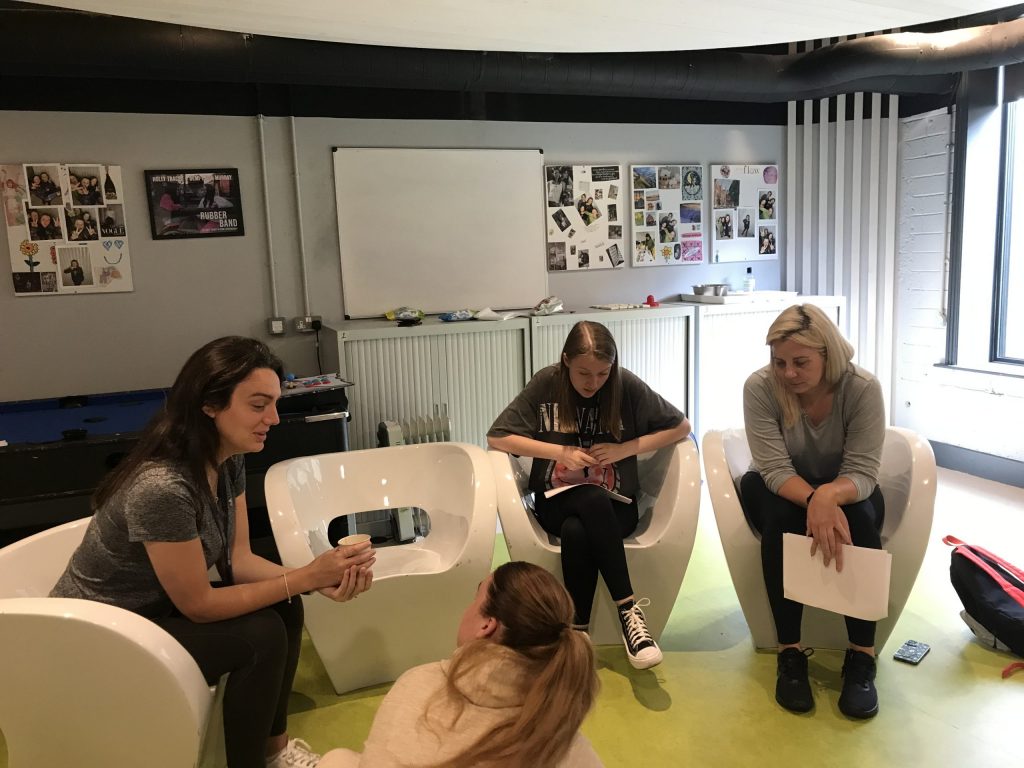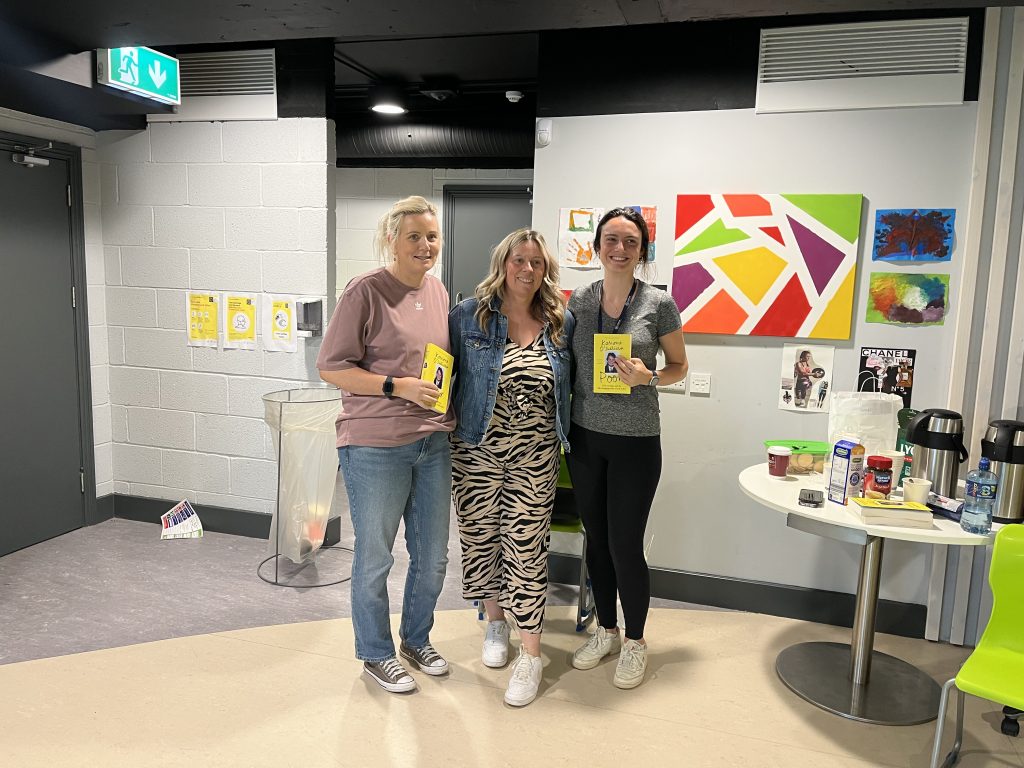Community of practices (CoPs) are an important part of the RP implementation process. They prevent teams from falling into one of the mis-implementation traps listed by Evans and Gregory(2020), the “train and hope” approach, where there is no support for the teams after training and no space to discuss practice changes.
What are community of practices?
They are a safe space where teams can experience, discuss and practice RP. They are run in a restorative way, in a circle. They can be focused on various goals, depending on the team’s needs:
– Improve buy-in / Reinforce norms
– Support practitioners and team members
– Build a sense of community
– Foster reflective practice
– Gain or practice new skills (Role-plays)
– Solve problems
– Explore new ideas (Articles, videos)
How to run a CoP?
The first step is to assess the team’s needs through informal discussions, a quick survey, during staff meetings etc. From this process, a relevant question, topic or practice goal can be identified. The facilitators need to prepare an agenda. It can include:
– Opening/Closing circles
– Ice-breakers/ warm-ups / brief funny games
– Go around for reflective practice
– Think – Pair – Share, Small group exercises/discussions, Brainstorm.
– Problem-solving circles (layered approach or fishbowl)
– Practice/role-plays
– Evaluation
CoP in BYC
In BYC, CoPs were implemented once the team was trained, every two weeks. During the pandemic, they were run online. They were first called ‘listening circles’, and the main aim was for staff to be able to voice the challenges they faced in implementing RP in their work. However, it tended to turn into grievance sessions, where participants would bring problems within the team or in the organisation. For some staff members, it appeared to be a misuse of this time together: it became a meeting to deal with conflicts rather than to foster reflective practice. If problem-solving circles can be a possible focus for CoPs, it didn’t feel appropriate to handle individual disputes during this time.
For this reason, it was decided to pause them for some time and return to more traditional CoPs with a theme and a practice goal. The most recent one was about community and inclusivity, following this agenda:
– Check-in circle: energy levels and one thing I like about working in BYC
– Warm-up game: ‘Have you ever?’
– Small group discussion. Imagine community as a tree: what are the roots and the fruits of a healthy community?
– Think – Pair – Share: what can we do to improve the sense of community in BYC and for everyone to feel included? Report to the broader group. Action plan.
– Evaluation of the CoP: what worked well? What could have been improved? Any ideas on topics for upcoming CoPs?
– Closing circle: one thing I am taking away from the session.

The North East Inner City RP network also runs monthly CoPs through the Early Learning Initiative. Each session allows practitioners in the area to gather around a specific topic, guest, or relevant question. For example, in June, Dr Katriona O’Sullivan presented her book, Poor, which tells the story of her childhood in a very deprived environment. It was a chance to discuss the meaningful opportunities that can be offered to children living in poverty and the difference it can make. Katriona also provided a space where participants could build relationships by sharing some elements of their childhood experiences and getting to know each other better.


